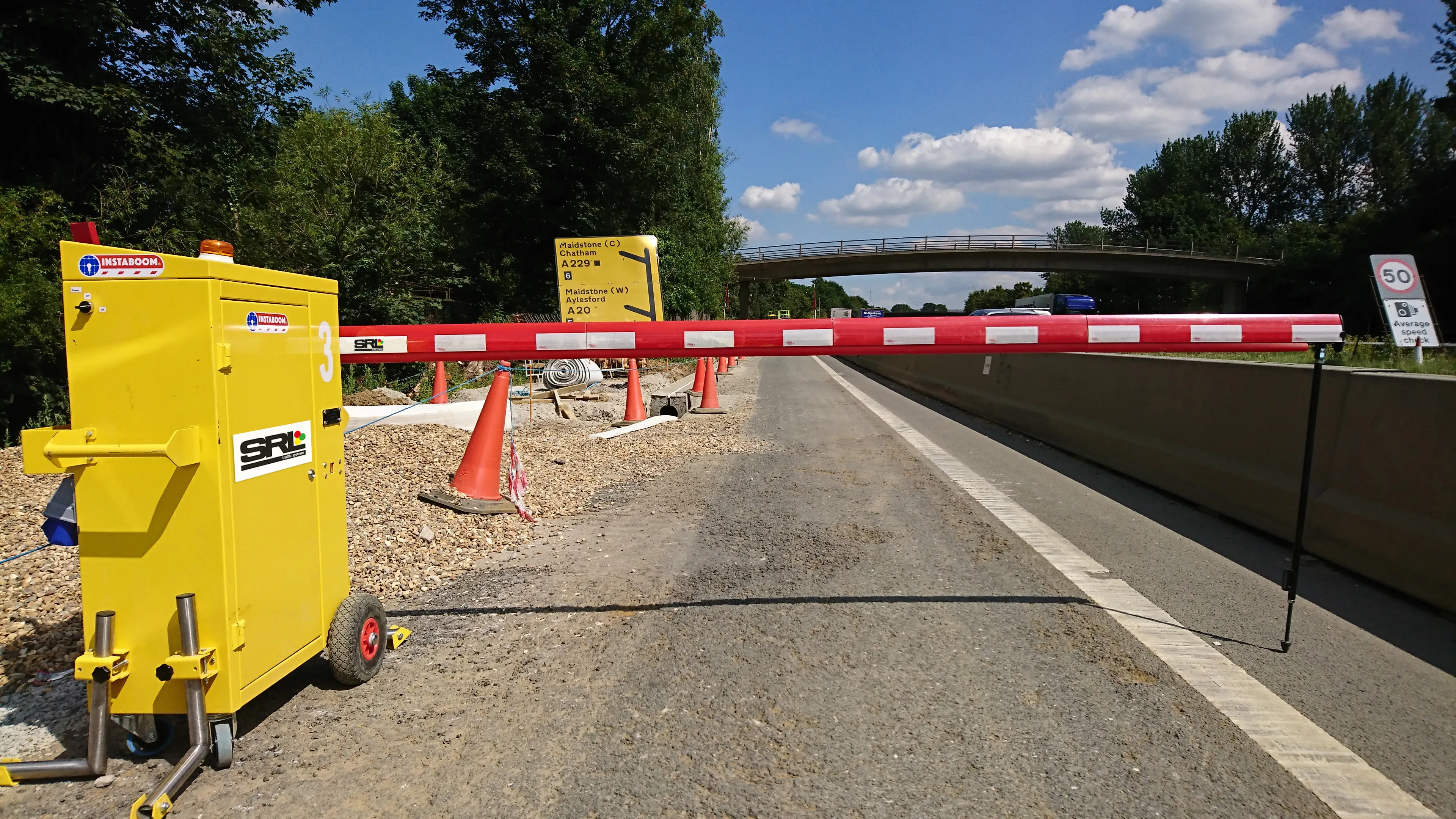The Idle Guard 200, from Transportation Safety Technologies (TST), is a solid state, reliable timer that automatically prevents unnecessary engine idling in fleet and delivery vehicles. It is triggered by a signal from the park brake on a manual transmission or the park/neutral switch on an automatic transmission. The device is offered in three models, providing engine shut off after three, five or 15 minutes by either fuel shut off with a diesel, or by the ignition with a gasoline engine.
February 2, 2012
Read time: 2 mins
The Idle Guard 200, from 854 Transportation Safety Technologies (TST), is a solid state, reliable timer that automatically prevents unnecessary engine idling in fleet and delivery vehicles. It is triggered by a signal from the park brake on a manual transmission or the park/neutral switch on an automatic transmission. The device is offered in three models, providing engine shut off after three, five or 15 minutes by either fuel shut off with a diesel, or by the ignition with a gasoline engine.
"Several states, counties and cities have implemented anti-idling regulations to address issues ranging from environmental concerns to economic costs that are associated with vehicle emissions, and fines could be levied against users in certain states," said Fred Merritt, CEO of Transportation Safety Technologies. "Installing the Idle Guard 200 in fleet and delivery vehicles not only helps operators save fuel, but also allows them to save money on potential fines by remaining compliant with anti-idle regulations in their respective state."
"Several states, counties and cities have implemented anti-idling regulations to address issues ranging from environmental concerns to economic costs that are associated with vehicle emissions, and fines could be levied against users in certain states," said Fred Merritt, CEO of Transportation Safety Technologies. "Installing the Idle Guard 200 in fleet and delivery vehicles not only helps operators save fuel, but also allows them to save money on potential fines by remaining compliant with anti-idle regulations in their respective state."









